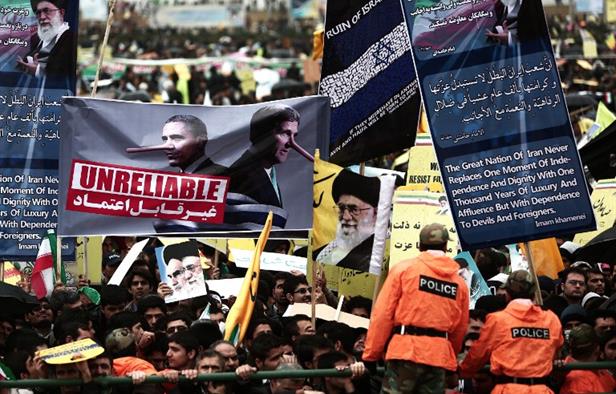The Palestinian Authority is not content with breaching diplomatic clauses of the Oslo agreements and taking unilateral steps such as turning to the United Nations Security Council and the International Criminal Court at The Hague. It is also planning to repudiate the Protocol on Economic Relations (or Paris Protocol) that is an integral part of those agreements.
Mohammed Mustafa, deputy head of the Palestinian National Unity Government and Minister of Economy, met on March 1 with a group of Palestinian businesspeople from the West Bank and the Israeli Arab sector. He proclaimed to them that the PA is “preparing a new economic strategy whose aim is to create a Palestinian economy that is independent and separate from Israel.”
On March 2, the East Jerusalem newspaper Al-Quds reported that Mustafa had sharply criticized Palestinians’ almost total dependence on the Israel Electric Corporation and announced that the PA “is on the way to an economic revolt like the diplomatic revolt when we turned to the UN, all of which indicates that we are at the brink of a new stage, namely a diplomatic and economic battle with Israel aimed at attaining independence.”
On March 10 another senior PA figure, Dr. Mohammed Ashtiya, a member of the Fatah Central Committee who is mentioned as one of Mahmoud Abbas’s possible successors, declared the PA’s intention to repudiate the Paris Protocol.
In a lecture at Kadoorie University in Tulkarm entitled “Whereto the Paris Protocol?” Ashtiya declared, “We must free ourselves of the Paris Protocol in one way or another because it is impossible to amend this agreement or to build on it; it has no horizon for the welfare of the Palestinian people especially in light of the international developments that reveal the face of the Israeli occupation….”
He added that the great problem with the Oslo agreements is that they treat the Palestinian territories as part of a single tax zone with Israel, thereby preventing the Palestinian people from enjoying the benefits of their tax revenues. Economic disengagement from Israel was also discussed at a meeting of the PLO Central Committee in Ramallah last week.
Awaiting Israeli Election Results
The Palestinians appear to be waiting for the Israeli election results before deciding on practical measures against Israel such as cutting security coordination.
Ashtiya calculated that after the elections Israel will cease withholding the Palestinian tax revenues, as it has been doing for more than three months, because “the PA in its current form is an Israeli interest.”
At the same time, some senior PA officials view these declarations of an economic revolt against Israel as empty threats, just like the decision to end security coordination with Israel. The economic threats are aimed at placating the Palestinian public in the territories amid growing economic distress and the delay in paying office workers’ salaries.
The explanation for empty threats is simple: the Palestinian National Unity Government has no influence on what happens in Gaza, where the Hamas shadow government is firmly in charge.
The separation between the West Bank and Gaza does not permit the formation of a single economic strategy.
Therefore, the basic condition for the success of a new economic strategy is to implement the Fatah-Hamas reconciliation agreement and end the separation between the West Bank and Gaza. As things now appear, that is a very long way from materializing.
– See more at: http://jcpa.org/the-palestinian-authoritys-new-economic-strategy/#sthash.QclWQ5oj.dpuf









